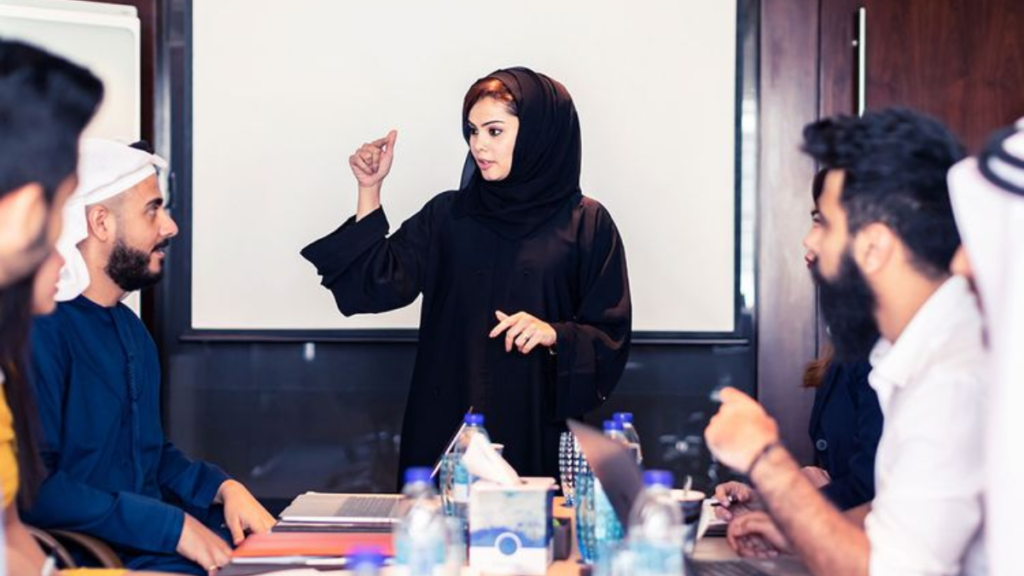
The United Arab Emirates has led the Arab world in growth and development for women’s empowerment while pursuing a gender-balanced economy and society. To assist the progress of the UAE economy generally, the nation is firmly pursuing steps to close the gender wage gap.
The UAE is one of the top countries in the region for gender equality, according to the World Economic Forum’s 2021 Global Gender Gap Report. The underlying belief that men and women are equal partners in society is what has led to this success. The public and private sectors have made numerous initiatives to increase the number of leadership positions held by women in business, politics, and the STEM fields.
According to the Georgetown Institute for Women, Peace and Security’s 2021 WPS Index, the UAE is ranked first in the region and 24th out of 170 countries, highlighting the nation’s improvements in women’s inclusion, justice, and security.
As recently announced partnership between the UAE Gender Balance Council and 17 international and local businesses under the banner of the Pledge to Accelerate Gender Balance in the UAE Private Sector demonstrates, the future benefits from the active participation of both the public and private sectors. Signatories voluntarily agreed to a goal of 30% female representation in senior and middle management roles by the year 2025.
The UAE Gender Balance Council was established in 2015 to design and implement the UAE’s gender balance agenda. The Council’s objectives are to eliminate the gender gap in all government sectors, enhance the UAE’s reputation as a leader in enacting laws that promote gender equality, achieve gender parity in decision-making positions, and raise the UAE’s standing in international competitiveness surveys on gender equality. The country ranked first in the Arab world and 18 worldwide on the Gender Equality Index according to the UNDP’s Human Development Report 2020. (GII). With an overall grade of 82.5 out of 100 in the World Bank’s “Women, Business and the Law 2021” survey, the UAE also took first place in the Mena region.
Women have a variety of positions in the private sector in the United Arab Emirates. They have equal access to economic resources, including a guaranteed equal income, as well as ownership and management of land and other types of property, financial services, inheritance, and natural resources, in conformity with national law. The UAE has the highest representation of women, with 23 Emirati women appearing on Forbes’ 100 Most Powerful Arab Businesswomen list in 2020.
Women make up 10% of all business owners in the private sector in the United Arab Emirates. Nearly 23,000 Emirati businesswomen are in charge of projects worth more than Dh50 billion and occupy 15% of board seats in chambers of commerce and industry across the nation. The UAE Security and Commodities Authority set a requirement that listed companies have at least one woman on their board of directors in 2021.
The Ministry of Finance (MOF(participation )’s in the Gender Balance Council) supports the UAE government’s commitment to gender balance among its financial and economic entities, which play key roles in economic and social development Concepts relating to gender balance are part of the MOF’s overall strategy. The MoF actively promotes gender parity through the following methods: it established a system of organizational grading for federal government employees that are based on their performance and station rather than their gender; it assisted in the establishment of the UAE Gender Balance Council; it allotted the Council a Dh5 million annual budget; and it gave Younis Haji Al Khouri, the MoF’s undersecretary, direct representation in the management of the Council.
The gender balancing guide uses the international best practices, standards, and recommendations of Organization for Economic Cooperation and Development (OECD) member countries to help UAE organizations create gender-sensitive settings that enable men and women to participate across all sectors.
As a resource for gender balance in the region, the handbook provides five key action areas, including commitment and oversight, integrating gender into policies and programs, fostering gender-sensitive involvement of staff, improving gender balance in leadership, and gender-sensitive communication.
By successfully putting the actions and suggestions provided throughout these categories into practice, organizations in the UAE have the opportunity to create a warm and inclusive workplace for everyone.
National Wellbeing Strategy 2031.
The plan highlights the UAE government’s commitment to the welfare of its people through a range of strategic goals and initiatives, with the aim of elevating the UAE to the top of the world in terms of quality of life.
The National Strategy for Wellbeing 2031 aims to promote an integrated idea of well-being in addition to Vision 2021 and the UAE Centennial 2071. It is founded on a national framework with three levels: the person, the society, and the country. It comprises 14 components and 9 strategic objectives, some of which support active, healthy lifestyles, mental health, and optimistic thinking to enhance people’s wellbeing. The strategy would prioritize establishing family relationships and work to raise the standard of living in cities around the country in an effort to attract more people there.
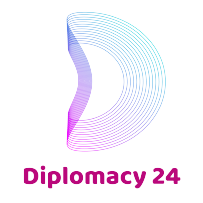
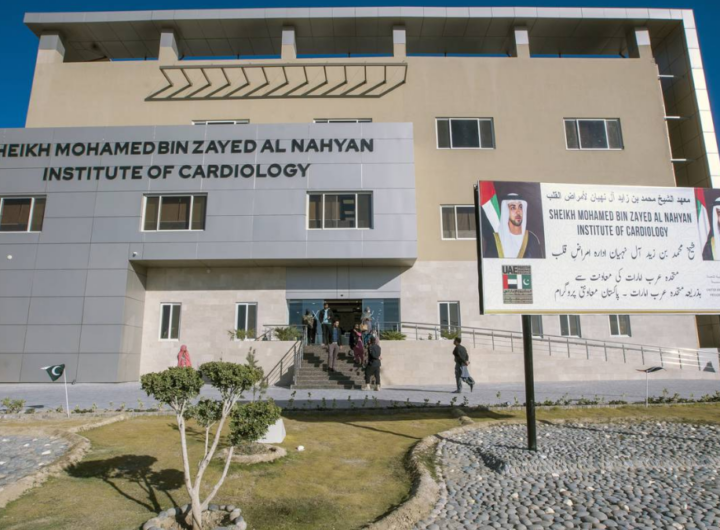 Sheikh Mohamed bin Zayed Institute of Cardiology opens in Pakistan
Sheikh Mohamed bin Zayed Institute of Cardiology opens in Pakistan 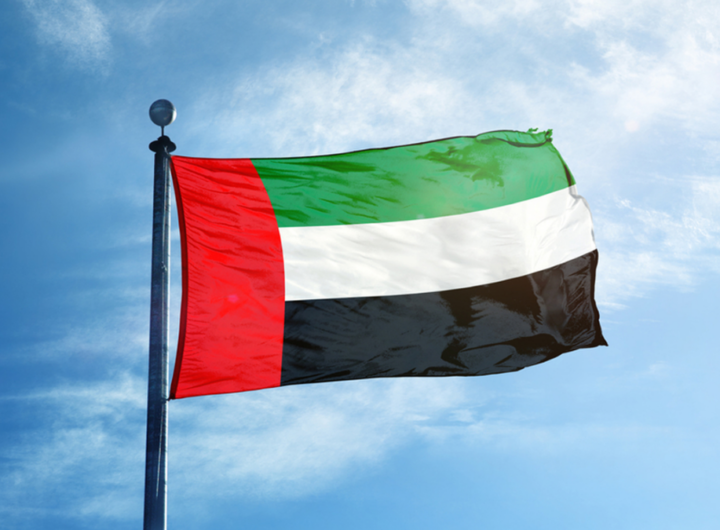 UAE enhances attractiveness as a preferred destination
UAE enhances attractiveness as a preferred destination 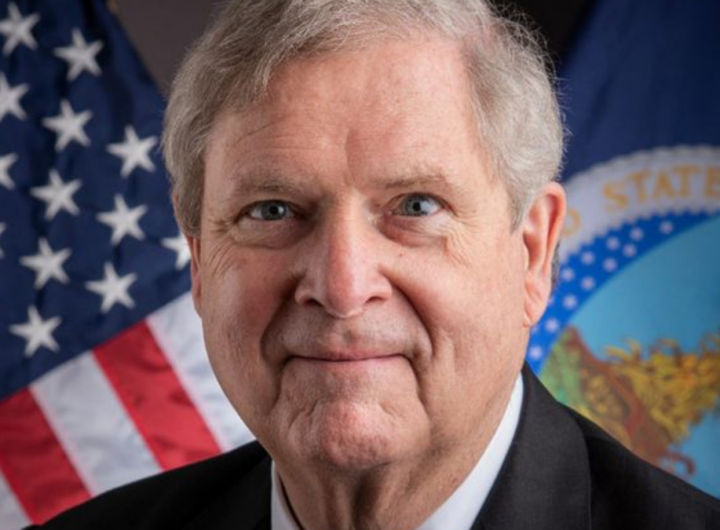 UAE is a committed partner for climate actions: US Secretary of Agriculture
UAE is a committed partner for climate actions: US Secretary of Agriculture 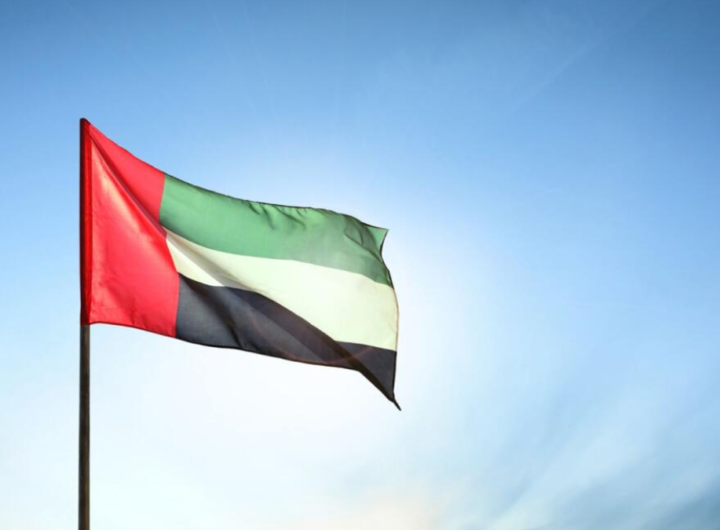 UAE’s initiative to crystalize the industry’s future
UAE’s initiative to crystalize the industry’s future 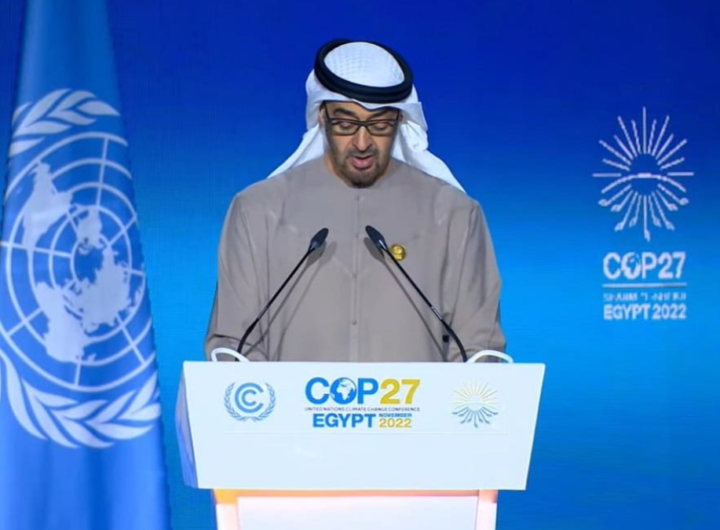 UAE President’s vision that supports world’s efforts to address climate change
UAE President’s vision that supports world’s efforts to address climate change 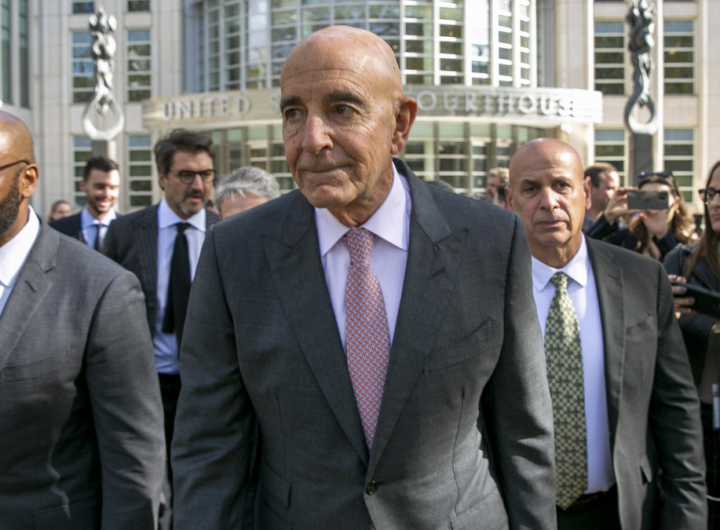 Donald Trump’s long-time ally found not guilty on foreign lobbying charges
Donald Trump’s long-time ally found not guilty on foreign lobbying charges  A new treatment could restore some mobility in people paralyzed by strokes
A new treatment could restore some mobility in people paralyzed by strokes  What has Perseverance found in two years on Mars?
What has Perseverance found in two years on Mars?  This robot automatically tucks its limbs to squeeze through spaces
This robot automatically tucks its limbs to squeeze through spaces 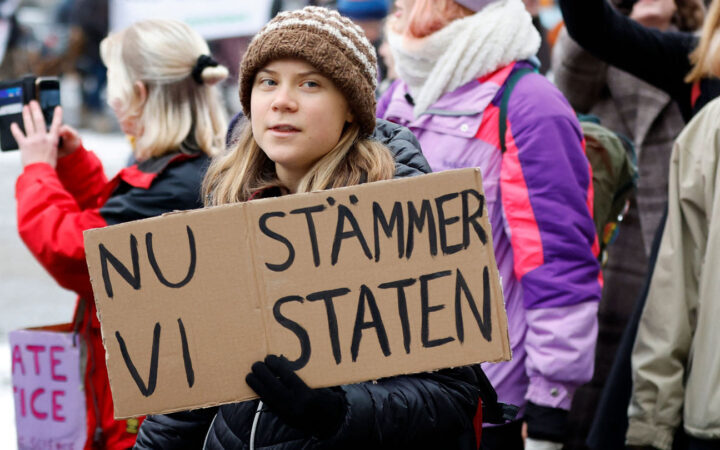 Greta Thunberg’s new book urges the world to take climate action now
Greta Thunberg’s new book urges the world to take climate action now